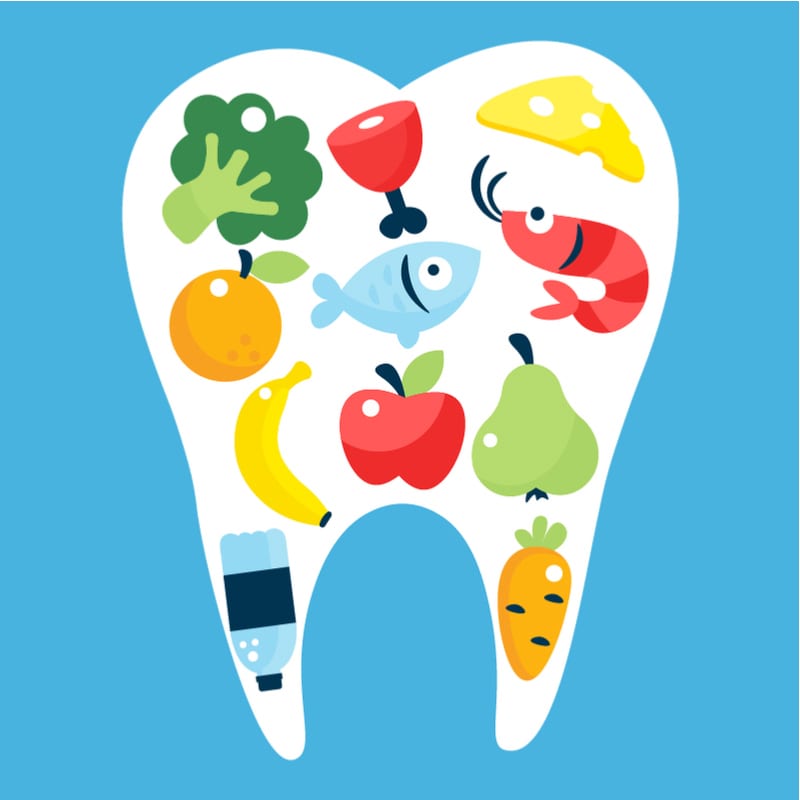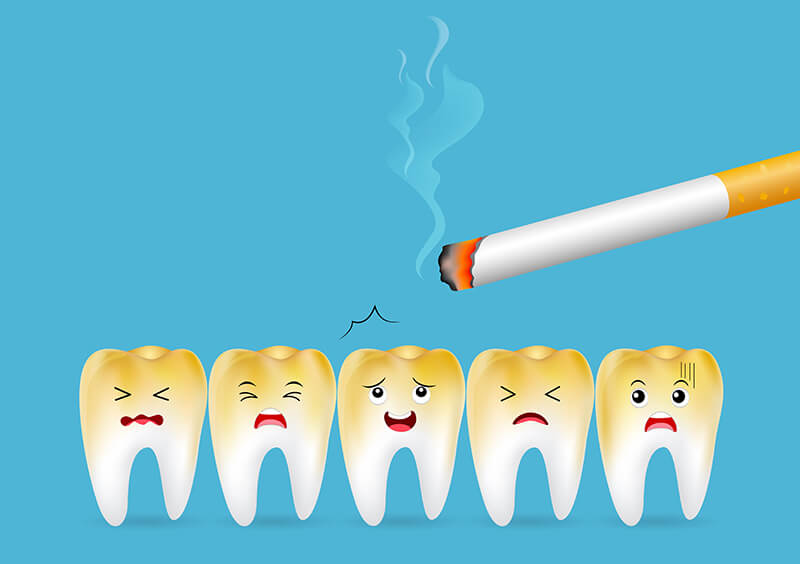Dental health is a crucial aspect of overall health, and one’s diet plays a significant role in maintaining healthy teeth and gums. Nutrition is a critical component of dental health because what you eat affects the health of your mouth, teeth, and gums. In this article, we will explore the role of nutrition in dental health and discuss some dietary changes that can promote better oral health.
Importance of Nutrition in Dental Health
A healthy and balanced diet is essential for good oral health, as well as overall health. Nutrients such as calcium, phosphorus, vitamin D, and vitamin C are particularly important for maintaining healthy teeth and gums.
Calcium and phosphorus are essential minerals that help strengthen and protect the teeth. Calcium is a vital mineral for the development of strong bones and teeth. When you don’t consume enough calcium, your body will take it from your bones and teeth, which can result in weakened bones and teeth. Phosphorus is also important for strong teeth and bones, as it helps the body absorb calcium and repair and rebuild tooth enamel.
Vitamin D is a critical nutrient that helps the body absorb calcium and phosphorus, making it vital for the health of your teeth and bones. Without enough vitamin D, your body cannot absorb the necessary amount of calcium, which can lead to weakened teeth and bones.
Vitamin C is an antioxidant that plays a role in promoting healthy gums and preventing gum disease. A deficiency in vitamin C can lead to bleeding gums, which can progress to periodontitis, a severe form of gum disease that can result in tooth loss.
Water is also essential for good oral health. Drinking water helps wash away food particles and bacteria that can lead to tooth decay and gum disease. Additionally, drinking water that is fluoridated can help to strengthen tooth enamel and prevent cavities.
Foods to Include in Your Diet for Better Oral Health
1. Dairy Products
Dairy products such as milk, cheese, and yogurt are excellent sources of calcium and phosphorus. These minerals help to strengthen tooth enamel and protect against tooth decay. Cheese also contains casein, a protein that helps neutralize the acid in the mouth, which can prevent tooth decay.
2. Leafy Green Vegetables
Leafy green vegetables such as kale, spinach, and collard greens are excellent sources of calcium. These vegetables also contain folic acid, which has been shown to help treat gum disease in pregnant women.
3. Nuts and Seeds
Nuts and seeds such as almonds, cashews, and sunflower seeds are rich in calcium and phosphorus. Additionally, these foods contain healthy fats that help to reduce inflammation in the mouth, which can prevent gum disease.
4. Fruits
Fruits such as oranges, strawberries, and kiwis are excellent sources of vitamin C, which plays a crucial role in promoting healthy gums. These fruits also contain antioxidants that help to prevent inflammation and fight off bacteria in the mouth.
5. Whole Grains
Whole grains such as brown rice and quinoa are rich in magnesium, which helps to absorb calcium in the body. Whole grains also contain complex carbohydrates, which take longer to break down than simple sugars. This means that they don’t contribute to the growth of harmful bacteria in the mouth that can cause tooth decay.
Foods to Avoid for Better Oral Health
1. Sugary Foods and Drinks
Sugary foods and drinks such as candy, soda, and sports drinks are major contributors to tooth decay. These foods provide a breeding ground for harmful bacteria in the mouth that can lead to cavities and gum disease.
2. Acidic Foods and Drinks
Acidic foods and drinks such as citrus fruits, tomatoes, and vinegar can erode tooth enamel, which can result in tooth decay. While these foods can be healthy, it’s important to consume them in moderation and rinse your mouth with water after consuming them to reduce the acidity levels in your mouth.
3. Starchy Foods
Starchy foods such as potato chips, bread, and pasta can contribute to tooth decay. When starchy foods are broken down in the mouth, they turn into sugars, which can feed harmful bacteria in the mouth and cause tooth decay.
In conclusion, nutrition plays a critical role in maintaining good oral health. Consuming a diet that is rich in calcium, phosphorus, vitamin D, and vitamin C, while avoiding sugary and acidic foods and drinks, can help to promote healthy teeth and gums. By making small dietary changes and following good oral hygiene practices, you can maintain healthy teeth and gums for a lifetime.











